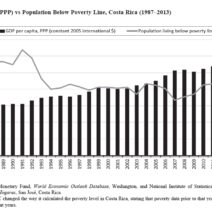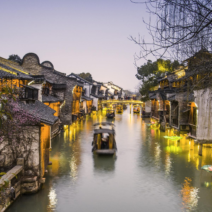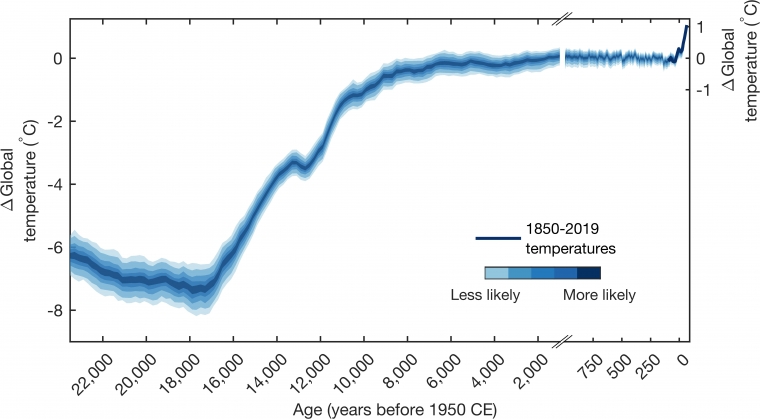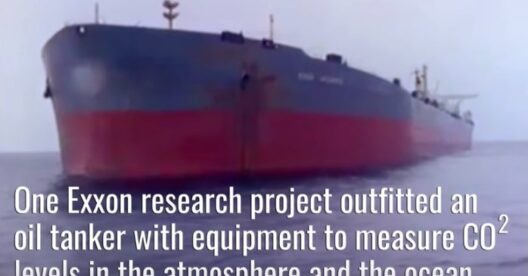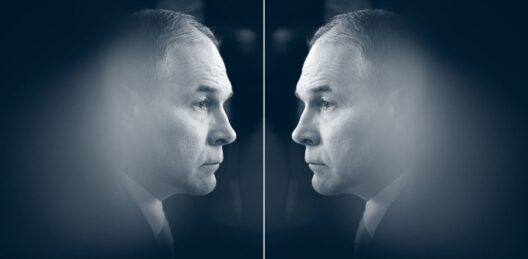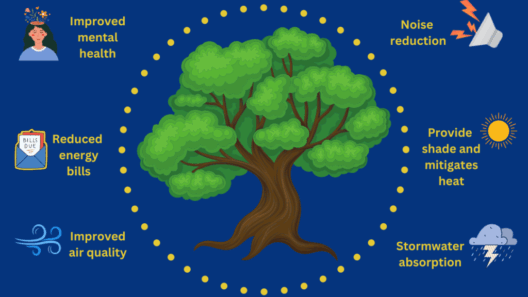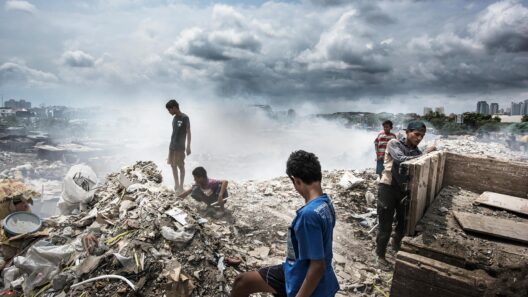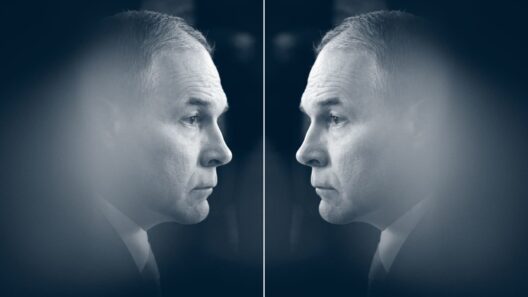The discourse surrounding global warming has been fraught with contention for decades, revealing a complex interplay of scientific inquiry, sociopolitical dynamics, and economic considerations. As we delve into the history and diverseness of thoughts regarding climate change, it becomes evident that the paths leading to this global conversation are multifaceted. Understanding how long global warming has been a divisive topic requires a thorough examination of its evolutionary timeline, the mechanisms behind public perception, and the ramifications of this divisiveness.
To begin, we must traverse back to the origins of climate science itself. In the mid-20th century, scientists began to observe a troubling trend: an observable increase in global temperatures. Notably, the late 1950s marked a pivotal moment as researchers like Charles David Keeling initiated the systematic collection of atmospheric carbon dioxide data from Mauna Loa Observatory in Hawaii. This data illustrated a clear upward trend in CO2 levels, correlating with industrial activity and fossil fuel consumption. The initial findings were alarming, yet they also planted the seeds of skepticism. The concept was new, and the implications were vast.
By the 1970s, the conversation began to shift dramatically. The first Earth Day in 1970 spurred public interest in environmental issues, fostering a burgeoning ecology movement. However, it also ushered in a schism: while many advocates championed climate action, others remained doubtful. This era generated a diverse range of viewpoints, leading to vehement debates over the severity and causes of climate change. Scientists painted one picture; traditionalists offered an alternative narrative, usually rooted in economic considerations. This dialectic laid the groundwork for significant polarization in the years to follow.
As the 1980s progressed, the scientific community began to substantiate its findings with more robust data. The Intergovernmental Panel on Climate Change (IPCC), established in 1988, represented an unprecedented international convergence of climate scientists. The IPCC’s reports presented a myriad of evidence linking human activities to climate change, establishing a consensus on global warming. Yet, this growing consensus did not quell controversy; rather, it intensified opposition. Skeptics, often equipped with vested interests, began to lobby against these conclusions. They harnessed media platforms to proliferate doubts, employing strategies to undermine public trust in scientific expertise. This marked the exponential growth of climate misinformation.
By the turn of the millennium, the stage was set for a wider audience. Numerous extreme weather events, such as the devastating Hurricane Katrina in 2005 and the prolonged droughts across the U.S., bore witness to the destructive capabilities of a warming planet. These events brought climate change to the forefront of public consciousness. However, with heightened awareness came intensified divisions. Media portrayals varied dramatically: some outlets emphasized the urgency of addressing climate change, whilst others minimized its severity, often framing it as a partisan issue. This hyper-polarization led to a political landscape where discussions about climate change became synonymous with tribal allegiances.
The ensuing decade witnessed a veritable explosion of grassroots movements advocating for climate action, epitomized by events like the 2014 People’s Climate March. Young activists, emboldened by digital platforms, mobilized millions around the common cause of addressing climate change. Nevertheless, this newfound urgency spurred backlash within certain constituencies. Political leaders began to make climate change a dividing line in elections, offering a resounding response to the demands of their bases. Climate debates morphed from discussions on scientific evidence into ideological battlegrounds, where denialism became a political tool.
In light of this, it is pivotal to consider the societal dimensions of climate change debates. Philosophical constructs around risk perception and ethical responsibility play significant roles. Some individuals perceive climate change as an abstract threat, disconnected from their immediate lives, while others experience it acutely through natural disasters or displacement. The dichotomous understanding of climate change often reflects broader societal values, including economic perspectives and personal experiences. This diverse risk perception influences how communities respond to climate-related policies, creating a labyrinth of considerations that prolongs the debate.
Furthermore, the contemporary debate on climate change is punctuated by technological advancements and innovations. As renewable energy sources like solar and wind power became increasingly viable, they incited discussions on energy transition. The fossil fuel industry, encountering mounting pressure, mobilized lobbyists to protect its interests, thus perpetuating the divisive landscape. The juxtaposition of economic growth against ecological sustainability creates ongoing dilemmas within political frameworks. As a result, the conversation surrounding climate change continues to be rife with contention.
As we navigate through these myriad perspectives, the question remains: when will we transcend this divisiveness? Global warming has, indeed, been a divisive topic for an extensive period. As the climate crisis intensifies, so must our collective response. The imperative for shared understanding grows, necessitating collaborative dialogues that cut across ideological lines. While disagreement on methods may persist, the consensus on the need for action against climate change should galvanize a united front.
In conclusion, the saga of global warming is as complicated as the climate science itself. From its nascent beginnings in the mid-20th century to the current day, the topic has seen its fair share of controversy and divided opinions. The evolution of public perception vis-à-vis scientific consensus highlights the intricate web of influences that govern our understanding of climate change. With each passing moment, the stakes only escalate, urging society to set aside differences and work towards a cohesive approach that embraces environmental stewardship for future generations.
